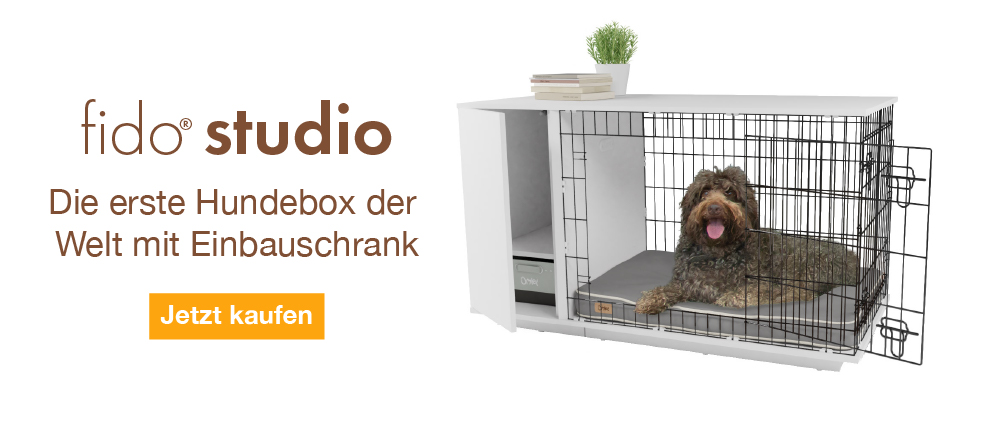Dalmatiner















Geschichte
The distinctive coat pattern of the Dalmatian can be traced back to ancient times, but it's exact origin is unknown. It was breed with many roles over the years including ratter, retriever, sheep dog and also used in Circuses. In the mid 1800's, the Dalmatian found it's calling; a Coach dog. The breed was well suited to trotting alongside horse drawn carriages, to protect the horses and add a touch of class. Their ability to run for miles without tiring was impressive, but with the introduction of the motor car the job became obsolete. Popularity of the breed dropped, but picked up again in the late 1900's.
Verhalten
Dalmatians are large dogs and very active. They are bouncy, fun and can run and play forever. They need a lot of exercise and you will be hard pushed to tire them out. They make an ideal jogging/running partner. WIthout a decent amount of exercise, they will become bored. This will lead to a highly strung and possibly destructive dog. They are intelligent and early training is absolutely vital with Dalmatians; they will take advantage of a weak owner and need to know who is boss. They are family friendly and fit in well, provided they receive sufficient exercise. Due to their size, they can knock over a small child with one wag of their happy tail. They are protective of their family and can be aggressive towards strange dogs; socialisation from a young age and lots of people visiting the house early on, should prevent this. They are very good with horses and make good riding companions. The Dalmatian has a smooth coat, but does shed a fair amount of fur. Brushing once or twice a week is recommended. It is generally a healthy breed, but they can suffer from deafness.
Charakter
Dalmatians have a playful and energetic temperament. They love tonnes of exercise and play time so only consider getting one if you have the time/lifestyle that allows this sort of exercise.
Some individuals will greet strangers enthusiastically whilst others will take a more reserved approach. Dalmatians should be fine with other household pets; especially if they are introduced in early puppyhood and because of their history Dalmatians tend to get on great with horses.
Gesundheitliche Probleme
Health problems that may affect Dalmatians include deafness (puppies should be tested for Brainstem Auditory Evoked Response by breeders), allergies, urinary stones and epilepsy.
Einzelheiten zur Rasse
- Status: Common
- Lebenserwartung: 11 - 13 years
- Gewicht: 13 - 32 kg
- Höhe: 19 - 23"
- Selten: Nein
- Fell: Kurz
- Pflegeanforderungen: Einmal pro Woche
- Stadt oder Land: Beides
- Mindestanforderungen an Umgebung: Großes Haus
- Mindestanforderungen an Garten: Großer Garten
- Rassetyp: Begleithund
- Größe: Groß
- Energieniveau: Hoch
- Benötigte Bewegung: Mehr als zwei Stunden
Fotos der Rasse


























